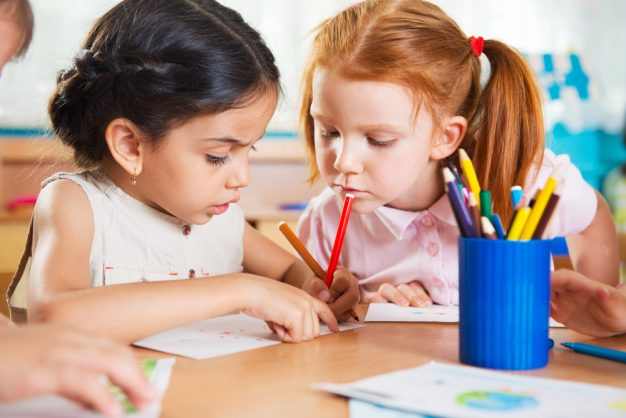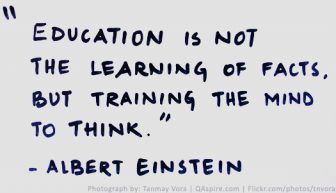
Is teaching critical thinking skills important?
In today’s technological and rapidly changing world, children need to be able to assimilate data and demonstrate critical thinking skills versus repeating a list of facts from memorization. Kids need to be critical thinkers who can make sense of information, analyze, compare, contrast, make inferences, and demonstrate higher order thinking skills.
Children need to be thinking for themselves and asking the what now follow up question; these skills are what employers today and tomorrow are looking for. The ability to analyze a situation or problem is an important skill that demand from employers will only grow as we continue to adopt technology throughout our lives.
As a parent, our role is to ask our children open-ended questions that guide the thinking process. This allows our kids to explore and expand their curiosity.
In other instances, it may be more appropriate to experiment with your child; this is easily done with science experiments, cooking lessons, arts and crafts and more. This allows our children to refine their theories on what why things happen; defining cause and effect.
Engaging with your child and facilitating the critical thinking process can have a positive an impact on them.
In other instances, it may be more applicable to encourage your child to experiment and refine their theories on cause and effect. To experiment and through experimenting develop the cause and effect of what happened.
Guiding your child’s critical thinking process can have a positive impact on their problem-solving skills and leads to greater creativity and curiosity.
In our rapidly evolving technologically driven world, more detail and information is available at our finger tips than we could ever need.

The issue is that not all of that information is correct and it can be effortless to get influenced into believing something that is not factual or real. This is one example of where critical thinking skills guide us.
How do you develop critical thinking skills in your children?
- Provide ample opportunities for play
- Pause and wait, let your child evaluate the situation, a parents role is to guide them
- Do not intervene immediately
- Ask open-ended questions
- Help children develop hypotheses or the cause and effect
- Encourage critical thinking in new and different ways
Carol Miller
First published on Play2Health




